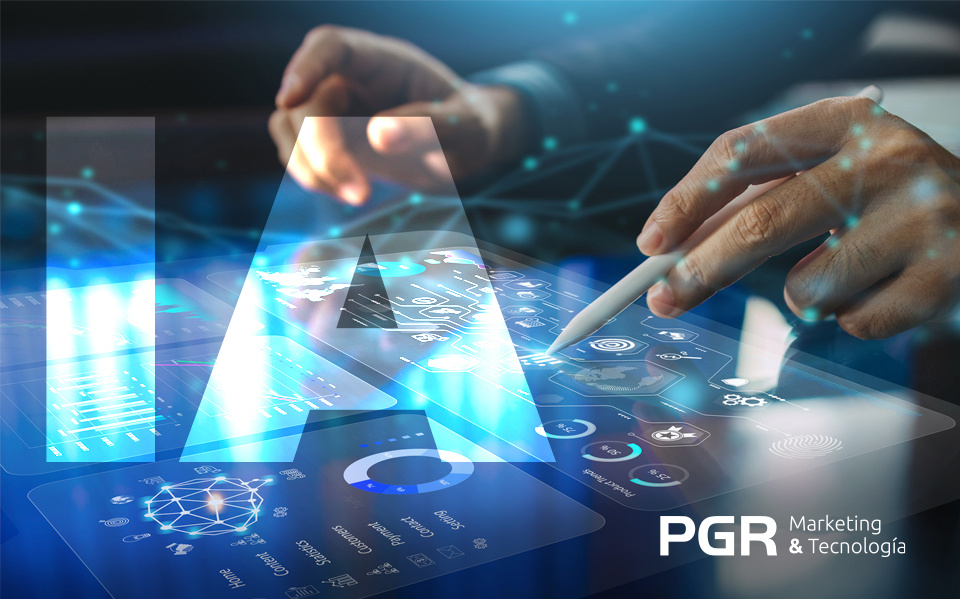Forrester has been emphasizing for years the importance of incorporating artificial intelligence into demand generation for B2B companies. This perspective is especially relevant in an increasingly competitive market environment, where organizations are looking to connect more effectively with their customers.
AI now makes it possible to automate processes and personalize the message for companies. This way, they can send the right message at the right time, adapting communication to the specific needs of each client. Thus, marketing is improved by using direct and indirect data, which helps to better predict buyer behavior. However, the key question that arises is: How to automate demand generation with AI ?
-
Optimizing analytics in lead scoring
Demand generation automation starts with optimizing analytics focused on lead qualification. It is critical for marketers to identify and use high-quality, relevant data that informs strategic decision-making. Instead of relying on superficial metrics, they should prioritize indicators that translate into tangible results, such as the value of sales opportunities generated from marketing initiatives.
AI becomes an essential tool in this process, as it allows for data cleaning and quality improvement, making it easier to predict the probability of conversion of specific leads.
Improve lead engagement and development
Once a solid analytical foundation is established, it is crucial to focus on improving engagement and lead nurturing by understanding buyer behavior across all touchpoints.
By using advanced algorithmic solutions, marketers can scale their campaigns and quickly adapt to changes in buyer behavior. Analyzing historical engagement data allows for identifying trends and patterns that can predict future outcomes, facilitating a more agile response to customer needs. Additionally, implementing AI-powered sentiment analysis enables personalization at scale. This technology not only identifies emotions through natural language but also offers deeper insights into how buyers perceive a brand.
By combining this with omnichannel marketing strategies , marketers can prioritize the most effective channels to reach buyers and adjust their campaigns in real-time. This significantly improves the buyer experience and increases the effectiveness of lead nurturing initiatives.
-
Boosting performance with agile marketing
AI also benefits agile marketing, which is an adaptive and rapid approach that focuses on responding to changes in market conditions and buyer behavior. This approach emphasizes flexibility and continuous improvement, allowing organizations to quickly adapt and scale based on buyer needs.
Most marketing teams using agile tactics report confidence in their ability to capitalize on emerging opportunities, highlighting the importance of an agile strategy supported by data and automation. AI is a key enabler of agile marketing, allowing for real-time adjustments to improve campaign performance.
For example, AI can optimize A/B and multivariate testing, making adjustments faster and more effective. Additionally, this technology can optimize pay-per-click (PPC) campaigns by developing automated bidding strategies based on user behavior and other dynamic market factors. This approach allows marketers to quickly spot drop-off points in engagement and make necessary adjustments, thus contributing to continuous performance improvement.
Combining AI and marketing not only improves demand generation , but also enables B2B companies to quickly adapt to buyer needs.
Do you want PGR Marketing & Tecnología to help you take full advantage of AI's potential?





